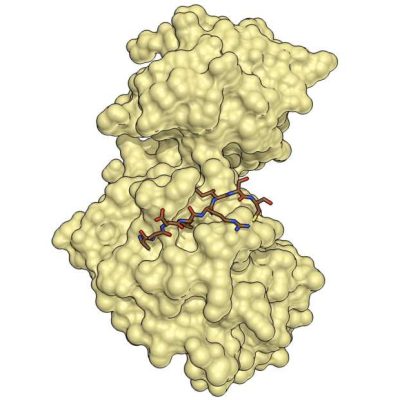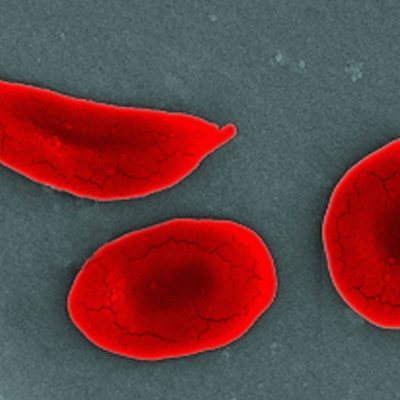A groundbreaking study has identified the surprising cause of IgA Nephropathy, a common kidney disease. Previously, the cause of the disease was unknown, and there were no approved medications or therapies for treatment. However, researchers at Columbia University have discovered that the disease is not directly caused by the affected organ, but rather by 16 genes that are associated with IgA Nephropathy. The study, which is the most extensive global investigation into the genetics of the disease, also supports the theory that the immune system is responsible for its development.
IgA Nephropathy, also known as Berger’s disease, is the most common chronic kidney disease, with a benign course in most cases. However, about 20% of patients experience kidney function loss. The diagnosis of the disease is problematic, requiring a kidney biopsy, which is an invasive procedure with many risks. Therefore, the diagnosis is often missed. To conduct the study, the researchers had to rely on an international network to find enough participants with IgA Nephropathy. The network’s doctors provided biopsies and blood samples from patients on four continents, and the researchers compared their DNA with that of healthy individuals.
The study’s findings are significant because they could lead to the development of new therapies for the disease. The researchers were able to create a genetic risk profile that could help identify patients at high risk of kidney failure. They also discovered proteins produced by the newly identified genes that could be potential targets for drug development. Two drugs that have already been studied for other diseases could also be used to treat IgA Nephropathy. The researchers hope that pharmaceutical companies will use their findings to develop new therapies for the disease.










